Explained: What Triggered the Bangladesh Anti-Quota Riots?
First Published: 20th July, 2024 19:56 IST
Absolute mayhem on the streets of Bangladesh capital Dhaka as thousands of students protest, armed with just sticks and stones, death toll mounts to 115
Bangladesh continues to be on the boil. Over 115 dead and thousands injured in less than a week. Though anti-quota protests began around July 1, it turned violent post July 14 when Prime Minister Sheikh Hasina, during a press conference, referred to the student protestors as “Razakar”, a derogatory term in Bangladesh.
A nationwide curfew has been clamped from today with “shoot-on-sight” orders and Internet shutdown continues. Videos and images coming out of the country continues to be scary as students continued to run amok even as the military has been deployed and armoured vehicles rolled down the streets of capital Dhaka.
• What triggered the protests?
Street protests is nothing new for Bangladesh, a country with a population of 17.12 crore. But the intensity of the current demonstrations is supposed to be one of the worst in recent times.
The protests erupted after June 5 when the Bangladesh High Court ordered the reinstatement of the 30 percent reservation in Government jobs for descendants of veterans who fought in the Bangladesh war of independence from Pakistan in 1971. This means one-third of all government jobs are reserved.
Students were protesting against the quota-system and its criteria. Following widespread protest, the Sheikh Hasina Government had abolished the quota system in 2018. But the June 5 Court order angered the youth triggering another round of protests against the quota system.

What started as peaceful protests by the students in universities and colleges turned violent after Prime Minister Sheikh Hasina this Sunday, termed the protestors as “razakars”. During a press conference, PM Hasina was asked Hasina was asked about the student protests and the quota system. She responded by saying, “If the grandchildren of freedom fighters do not receive [quota] benefits, who would get it? The grandchildren of Razakars?”, a Firstpost. report said.
“Razakar” is a derogatory term in Bangladesh, referring to those who collaborated with the Pakistani military during the 1971 Liberation War. It is considered a betrayal of their country.
• What the Students Are Saying?
“We are not against the quota system in general, but we want the 30 per cent quota for the descendants of 1971 freedom fighters to be abolished. “Government jobs are the only hope for many young people in Bangladesh, and this quota system is depriving them of opportunities,” Nahid Islam, the coordinator of the anti-quota protests was quoted as saying in a report by Firstpost.

Many of the protesters are also concerned about the accuracy of the list of veteran’s families, believing that some might unfairly benefit from the provision. They argue the quota is discriminatory, and should be replaced with a merit-based system. They also say it benefits supporters of Prime Minister Sheikh Hasina, whose Awami League party led the independence movement, Al Jazeera reported.
• Is There a ISI or China Hand Behind the Violence?
Former Foreign Secretary Harsh Vardhan Shringla said that there is the possibility of radical elements, Pakistan’s ISI and other interests inimical to Bangladesh, being involved in the protests.
Speaking to news agency ANI, Shringla said, “We are seeing reports of other elements coming into the picture. There are radical elements, such as the Chhatrashibir, which is part of the Jamaat-e-Islami. There is the opposition BNP that has been involved in the protests and demonstrations, which has added a political dimension to this. There could be other elements that are inimical to Bangladesh’s interests like the ISI being involved. I mean, there are reports of that, whether that’s correct or not, the government has to conduct its own investigation to find out. But people are trying to take advantage of the situation”.
Former diplomat KP Fabian said, “The situation is very serious. It has many reasons. One is corruption. And there is a shortage of jobs. The economy is in real trouble. You know how she (Sheikh Hasina) was treated by China. She cut short the visit. So the situation is serious. The Islamic community, who want an Islamic state, they are active. Then ISI, (Inter-Service Intelligence, Pakistan) they are also active. Now both of them are against her (PM Hasina)”.
COMMENTS

TOPMOST STORY NOW
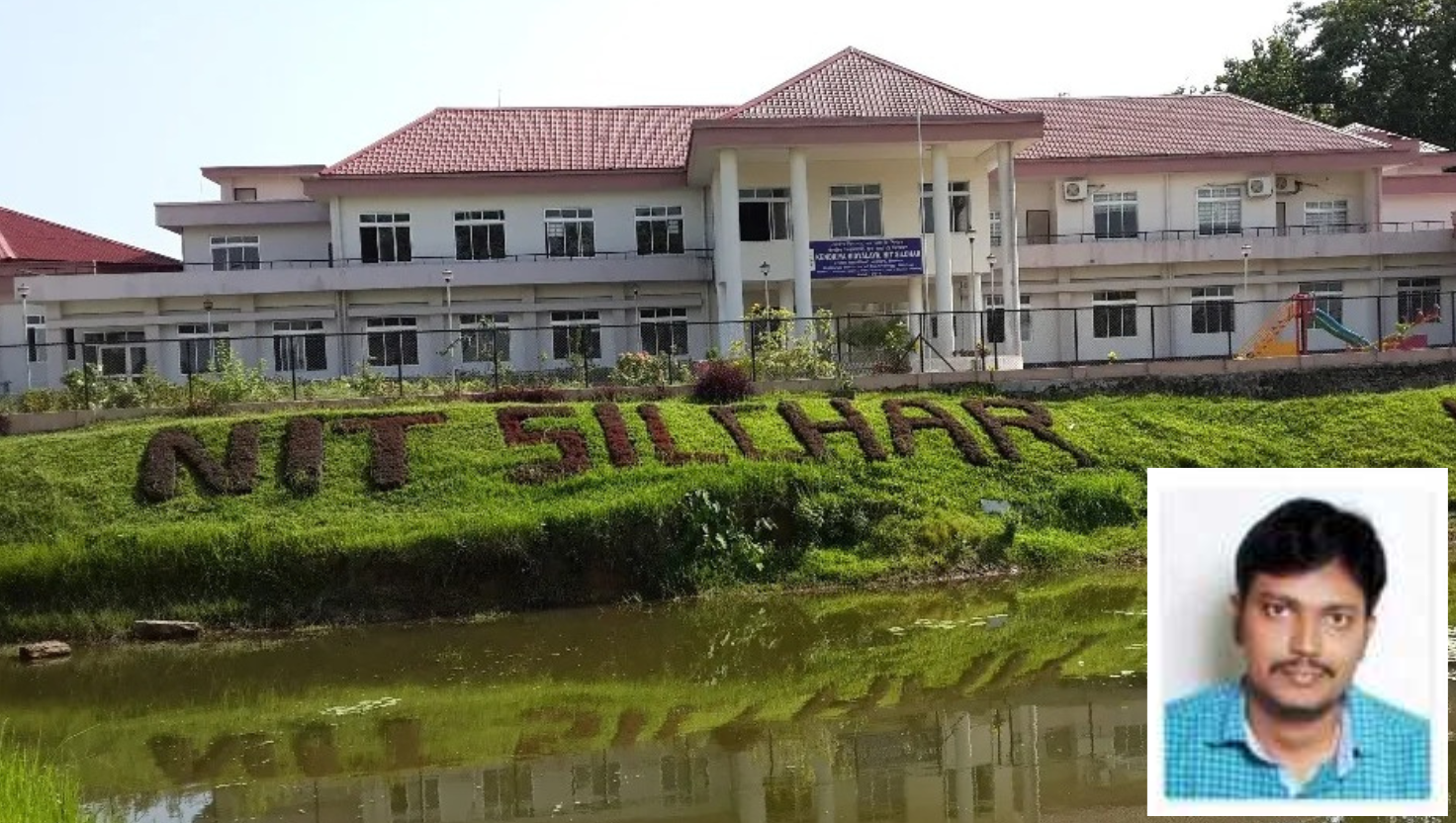
Live NIT Silchar Asst Professor Suspended After Molestation Allegations Spark Campus Protests
21st March 2025
Live How Will Assam’s 24/7 Shop Policy Benefit Everyone? Public and Traders React. Listen In
21st March 2025
Live Moran Community Rejoices as Assam Cabinet Approves PRC for Arunachal Residents
21st March 2025
Live Surprise Change: Guwahati to Host Another IPL Thriller KKR vs LSG Match on April 6
21st March 2025WE RECOMMEND
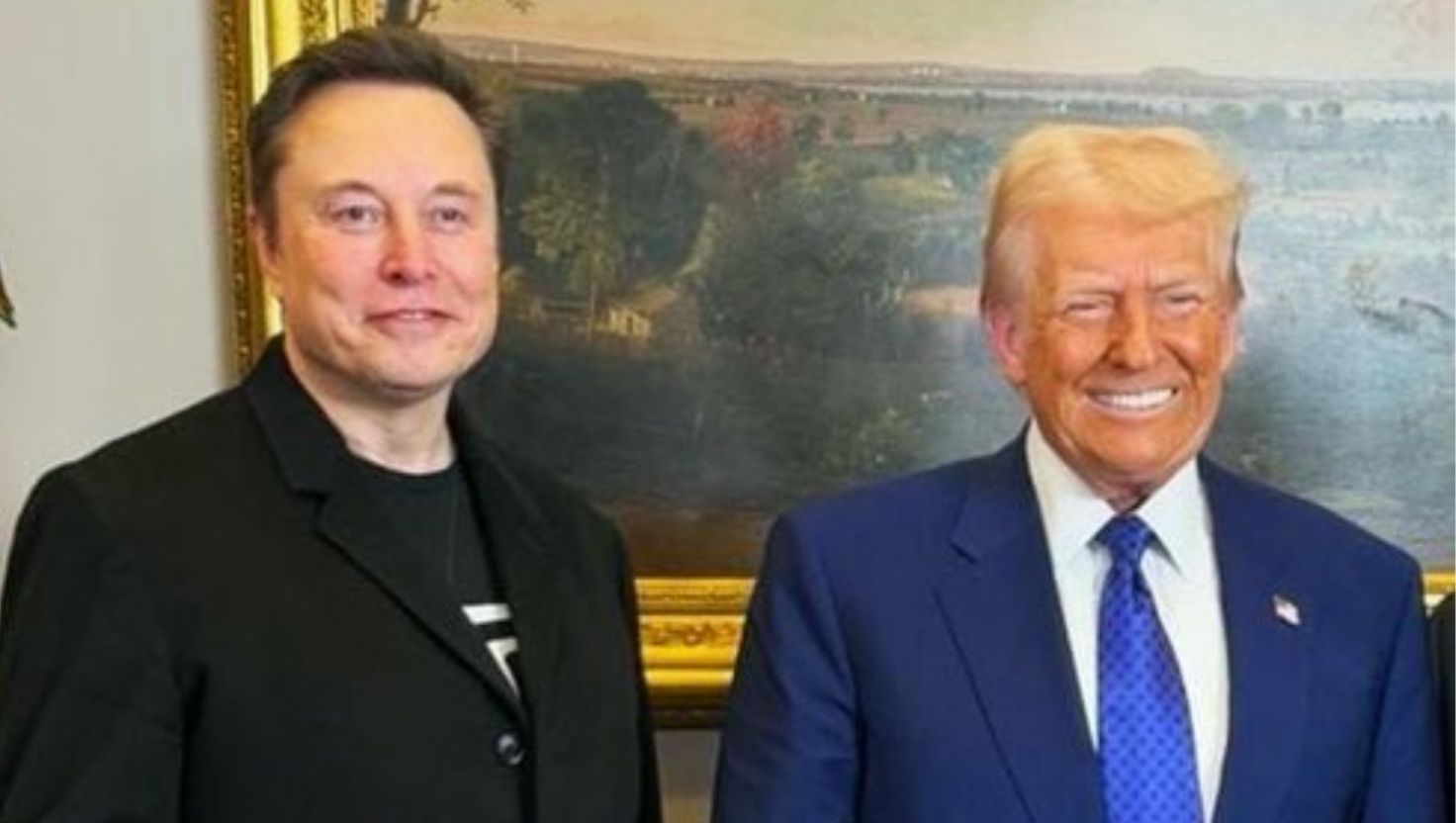
Trump to sign rare earth mineral deal with Ukraine ‘shortly’, expresses hope for Russia-Ukraine ceasefire
Donald Trump expressed optimism about a potential ceasefire in the Russia-Ukraine conflict
21st March 2025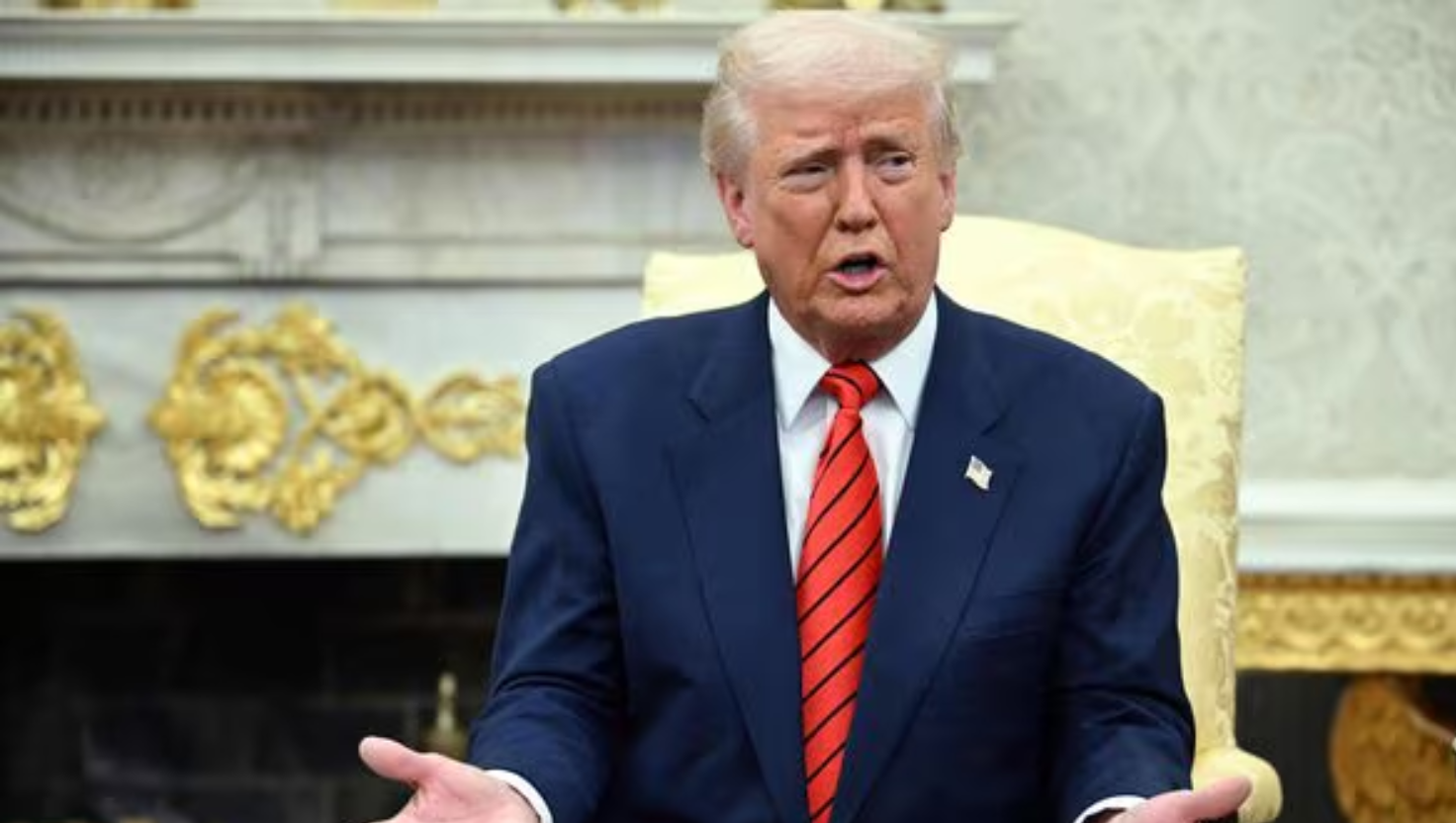
Trump signs executive order to shut down Department of Education, says essential programs will be preserved
Trump claimed that when Former US President Jimmy Carter created the Department of Education, it was opposed by his cabinet and the Republicans.
21st March 2025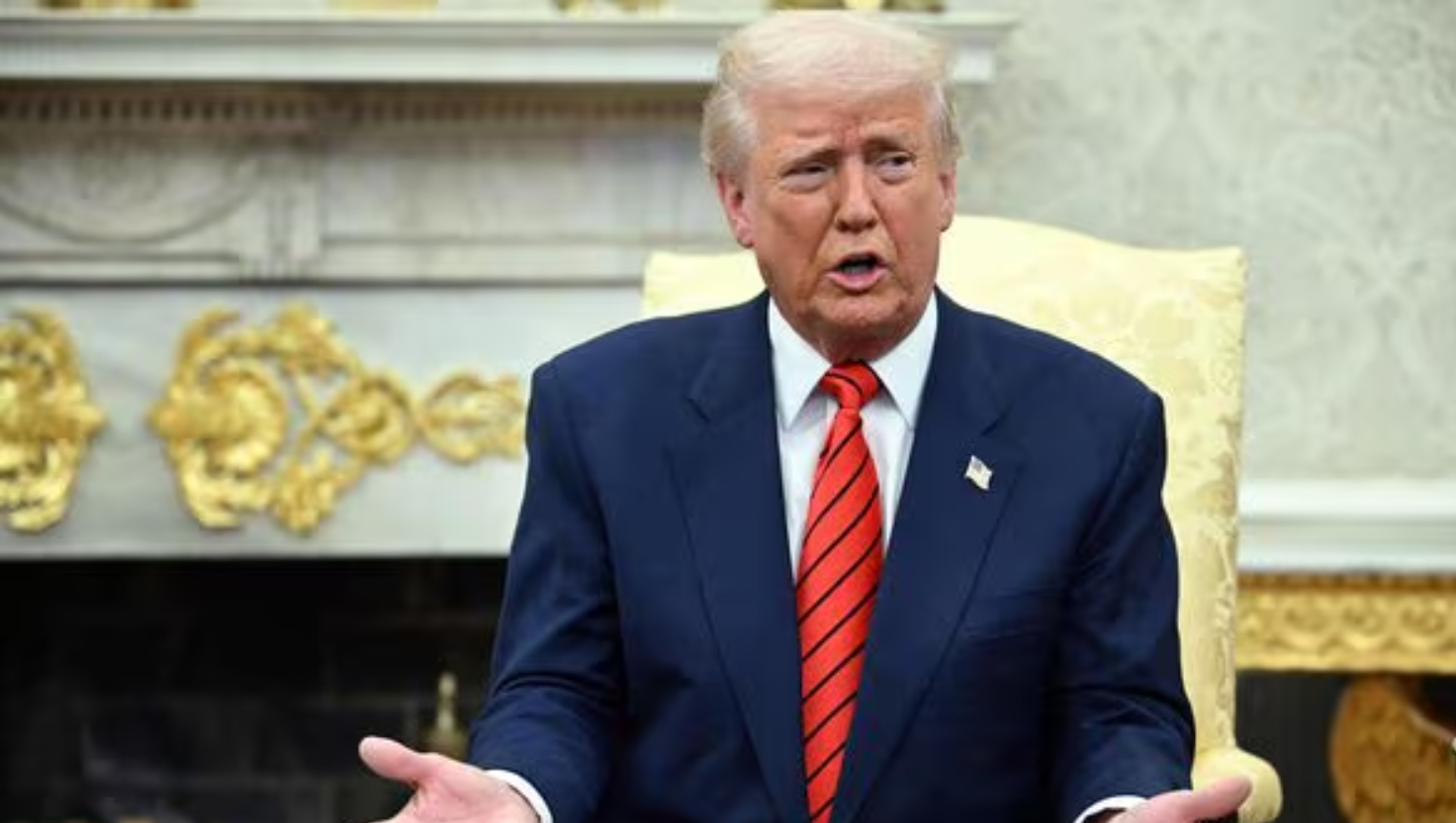
Self-deport or be banned forever: DonaldTrump launches CBP Home app for illegal migrants
Trump indicated that those who choose to leave voluntarily may have a chance to re-enter the country legally in the future.
21st March 2025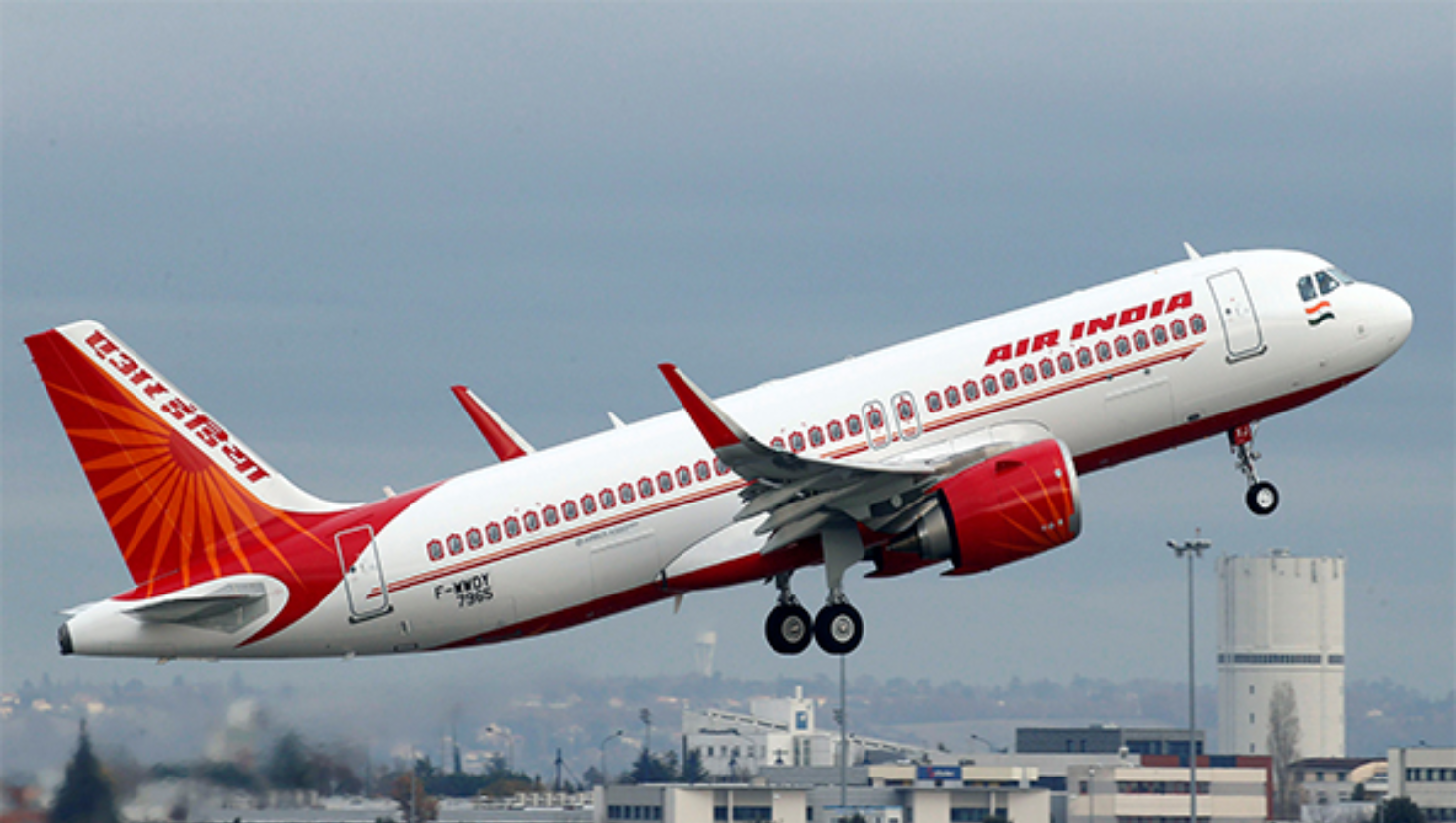
Air New Zealand and Air India signed MoU for direct flights between India and New Zealand
The MoU was signed at an event in Mumbai in the presence of the Prime Minister of New Zealand, Christopher Luxon, and other dignitaries.
20th March 2025
Sunita Williams, NASA Crew-9 Astronauts Return Home After 9 Months in Space, Welcomed by Dolphins
The astronauts exited the capsule on stretchers, which is a standard precaution for those returning from long-duration space missions.
19th March 2025

